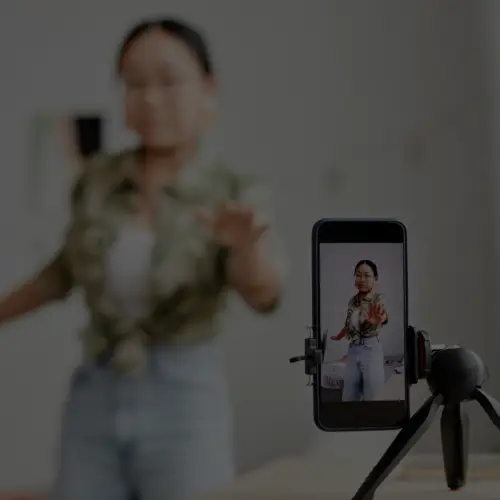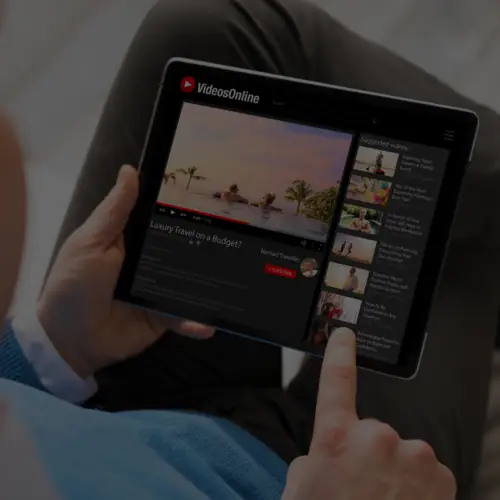15 Nov Social Media’s Impact on SEO

Social media is taking up more time in terms of online activities; therefore, its’ users are generating more content to consume. With the influx of content, marketers are likely wondering how this additional branded content is impacting SEO. This post will take a closer look at how social media makes an impact.
Social Media’s Impact on SEO
Does social media actually impact SEO results? Well, Google has repeatedly denied that they use social signals for SEO ranking purposes. All social media sites use NoFollow links, which tells the search engines to not pass PageRank through to those links. Social media posts are able to be indexed, just like any other page online, but that doesn’t mean Google indexes them all. In fact, Google is limited in terms of how much it can crawl and index due to the volume of content and privacy settings by the channels. The bots also have a hard time judging the credibility of the content and the credibility of the author.
However, there are still factors that play a part in SEO that social media contributes to. Links are a major driver of SEO and social media can be a source of links and link sharing. Additionally, getting your branded content in more places online means it has more of a chance to be shown in search results.
Social Channels are Becoming Search Engine’s on their Own
Even though your social content might not be showing up in Google results, almost all channels have built-in search functionality. Facebook, Instagram, Pinterest and Twitter all have search bars as a key feature. These channels index content in a variety of ways: keywords, hashtags, images, and similar content.
Also, we can’t forget Google has a partnership with Twitter to serve select tweets in relevant results and that YouTube is the second largest search engine behind Google.

Social Media Best Practices to Help SEO
While social media might not have as a much of a direct impact on Google search results, there are several optimizations that can be made in content and on social profiles that doesn’t hurt:
- Include links to owned content when relevant
- Increase domain rankings through shared content (the more content that is shared, the higher your ranking will be)
- Optimize your social media pages and profiles; specifically, your ‘About’ pages and your bio on Twitter–social media sites usually get a top 10 ranking for your branded keywords
- Include as many relevant keywords in posts, profiles and hashtags
- Put social sharing buttons on every page of your website and encourage people to share your content
Leave us a comment with your thoughts on the impact of social media on SEO.






